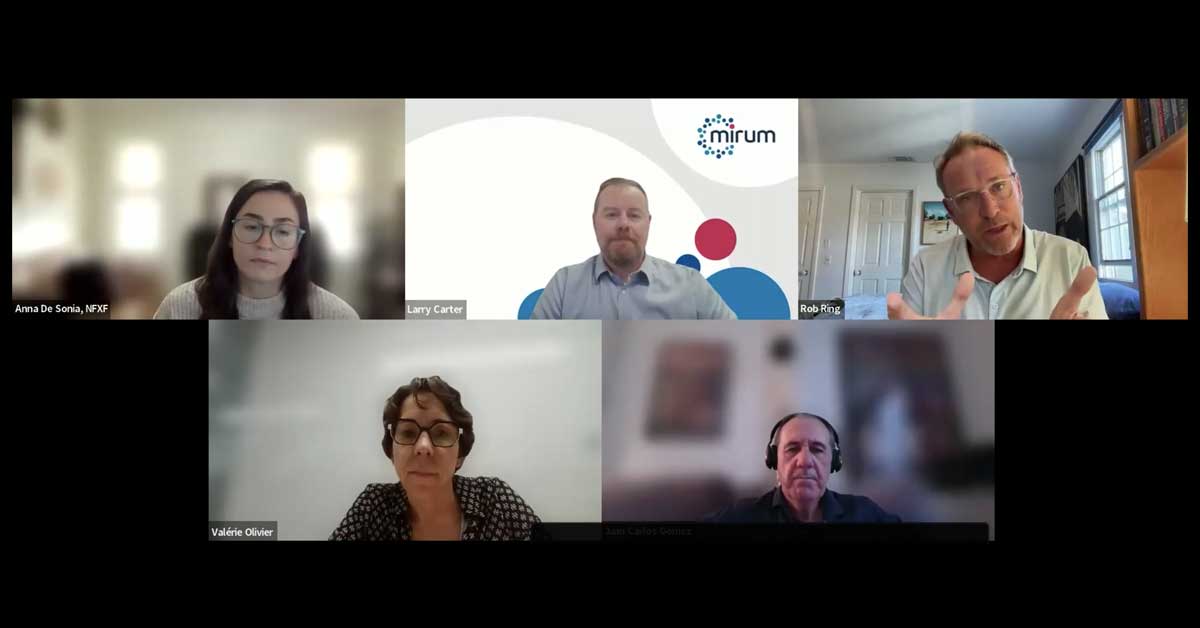Additional Resources
Dr. Berry-Kravis ended the webinar with her top three recommendations she makes to patients and their families who visit the Fragile X Clinic and Research Program at Rush University Medical Center.
- Engage in consistent and regular physical activity following the American Heart Association recommendations to support health and wellness.
- Prevent reclusiveness or social isolation by creating a plan of activities and having a consistent schedule that provides predictability.
- Ensure that there is a support person (staff, family, medical or therapy provider) who can identify antecedents or other possible causes of behavioral changes, including medical problems. Some individuals with Fragile X syndrome may not be able to describe or communicate what may be causing certain behaviors.
Related Resources
Below are links to a collection of information and resources focused on adulthood and publications resulting from FORWARD data:
- Adulthood and Fragile X Syndrome: Our collection of adulthood resources.
- Height and BMI – A Longitudinal Assessment
- Psychotropic Drug Treatment Patterns in Persons with FXS
- FXS and Language Across the Lifespan
- Health Related Quality of Life
- NIH Toolbox
- MyFXResearch Portal: Search for trials and studies to participate in.




